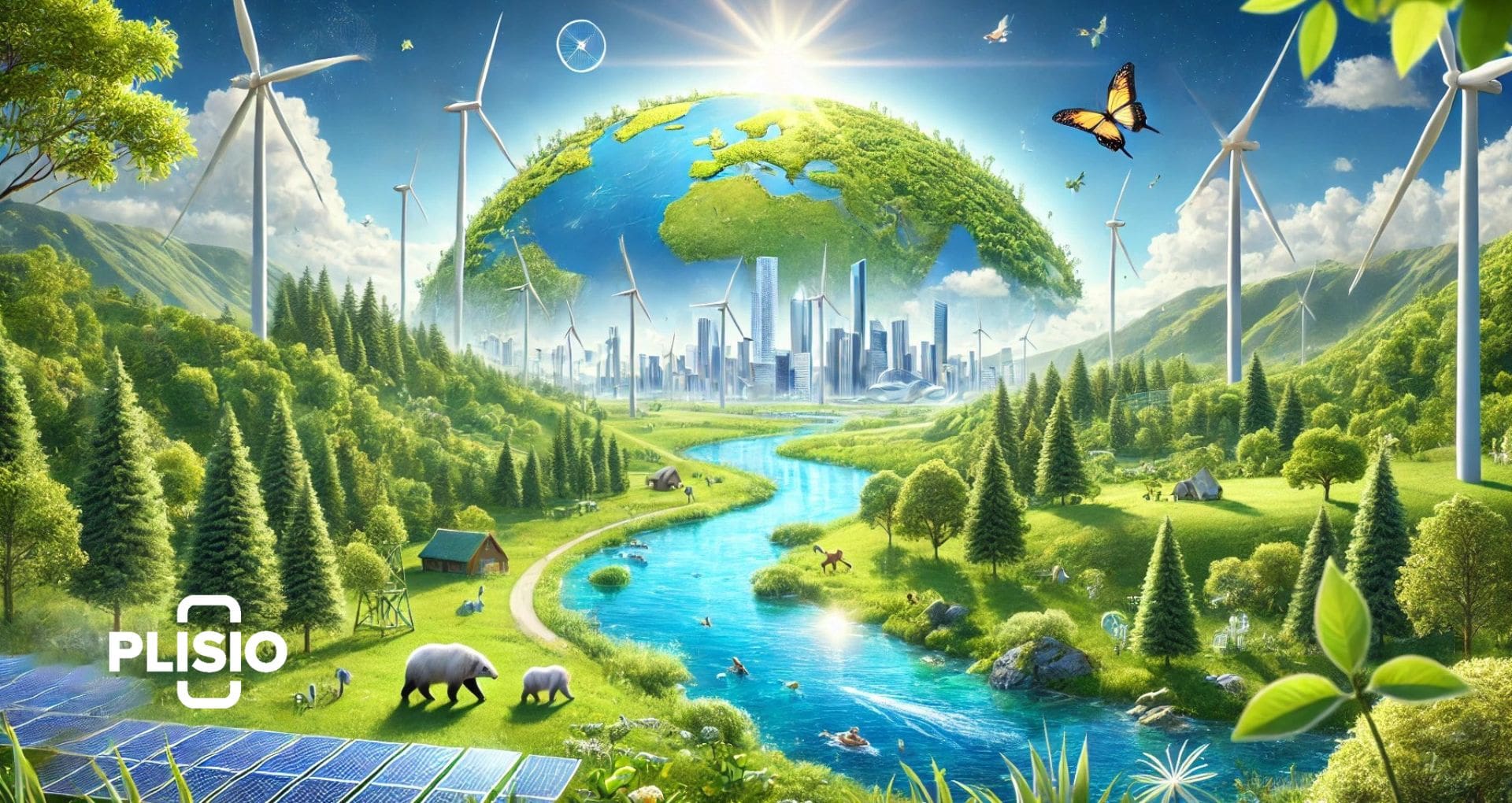What is the Cleanest Country in the World?

Environmental cleanliness plays a vital role in defining the quality of life and sustainability practices across the globe, with metrics such as air quality, waste management efficiency, and renewable energy adoption serving as key indicators of a nation's environmental health. As we step into 2025, understanding which countries excel in maintaining pristine environments offers valuable insights into the policies and initiatives that can inspire global progress. This article delves into the cleanest countries in the world, the challenges faced by polluted regions, and the pathways to a healthier planet.
Understanding the World's Cleanest Countries
As of 2025, environmental cleanliness remains a critical indicator of a country's commitment to sustainable living and public health. The Environmental Performance Index (EPI) offers a comprehensive assessment by evaluating nations on various environmental health and ecosystem vitality metrics. According to the latest EPI rankings, Denmark, Luxembourg, and Switzerland continue to lead as the cleanest countries globally, thanks to their exemplary efforts in renewable energy use, waste management systems, and strict environmental regulations that prioritize sustainability and public health.
Denmark: The Pinnacle of Environmental Excellence
Denmark's top position is attributed to its robust policies on climate change mitigation, efficient waste management systems, and exceptional air quality standards. The Danish government's investment in renewable energy, particularly wind power, has significantly reduced carbon emissions, contributing to the nation's environmental health. Additionally, Denmark's "Green City" initiatives focus on urban green spaces and eco-friendly public transport, enhancing overall living conditions.
Luxembourg: A Sustainability Champion
Luxembourg's commitment to environmental sustainability is evident through its comprehensive waste management strategies and stringent air quality regulations. The country has implemented effective recycling programs and policies that promote the use of public transportation, reducing vehicular emissions and enhancing overall air quality. Furthermore, Luxembourg's push for green innovation, such as smart city technology and energy-efficient housing, underscores its role as a leader in sustainability.
Switzerland: Preserving Nature's Pristine Beauty
Switzerland's environmental success is largely due to its dedication to preserving biodiversity and maintaining pristine natural landscapes. The Swiss government enforces strict environmental laws that protect forests, lakes, and wildlife, ensuring a balanced ecosystem and high-quality living standards for its citizens. Switzerland also excels in water management, with crystal-clear lakes and efficient systems for treating and recycling water.
Challenges Faced by Polluted Regions
In contrast, certain regions continue to grapple with severe pollution challenges. Recent data highlights that cities such as Bali, Chandannagar, and Dum Dum in India rank among the most polluted globally, with Air Quality Index (AQI) levels exceeding 300, categorizing them as severely polluted. Such high AQI levels have significant health impacts, including increased respiratory and cardiovascular issues, a higher prevalence of chronic illnesses, and reduced life expectancy. Environmentally, these pollution levels contribute to ecosystem degradation, acid rain, and a decline in biodiversity, further exacerbating the region's environmental challenges.
Causes of Pollution in Affected Areas
The primary contributors to pollution in these areas include industrial emissions, vehicular exhaust, and inadequate waste management practices. Rapid urbanization and industrialization, coupled with insufficient infrastructure to manage the resulting environmental impact, exacerbate the air quality issues in these cities. Additionally, deforestation and the unchecked burning of waste further worsen pollution levels.
Solutions to Combat Pollution
Addressing these challenges requires a multifaceted approach, including the implementation of stricter environmental regulations, investment in sustainable infrastructure, and public awareness campaigns to promote eco-friendly practices. Learning from the policies and practices of the world's cleanest countries could provide valuable insights for regions striving to improve their environmental health. For instance, adopting renewable energy sources, enforcing emissions standards, and fostering community-driven recycling programs can significantly reduce pollution levels.
The Role of Technology in Environmental Cleanliness
Advancements in technology are increasingly playing a pivotal role in addressing environmental challenges. From air quality monitoring systems to AI-driven waste sorting facilities, innovative solutions are helping countries optimize their environmental efforts. For example, Singapore’s deployment of real-time air quality monitoring sensors and its integrated waste management system showcase how technology can effectively mitigate environmental challenges while improving urban living conditions. Smart city projects, such as those seen in Singapore and Helsinki, demonstrate how technology can integrate sustainability into urban living.
Conclusion: A Path Towards a Cleaner Future
While nations like Denmark, Luxembourg, and Switzerland set exemplary standards in environmental cleanliness, other regions face ongoing challenges that necessitate concerted efforts from governments, industries, and citizens alike. Achieving a cleaner and healthier environment by 2025 and beyond requires global collaboration and a steadfast commitment to sustainability. Leveraging technology, learning from successful policies, and fostering international cooperation will be crucial steps toward a cleaner, greener planet. Key actionable steps include increasing investments in renewable energy, enforcing stricter environmental regulations, implementing advanced waste management systems, and promoting public awareness campaigns. Additionally, fostering innovation in sustainable technologies and encouraging international collaboration on climate initiatives can create a more unified global approach to achieving environmental goals.

